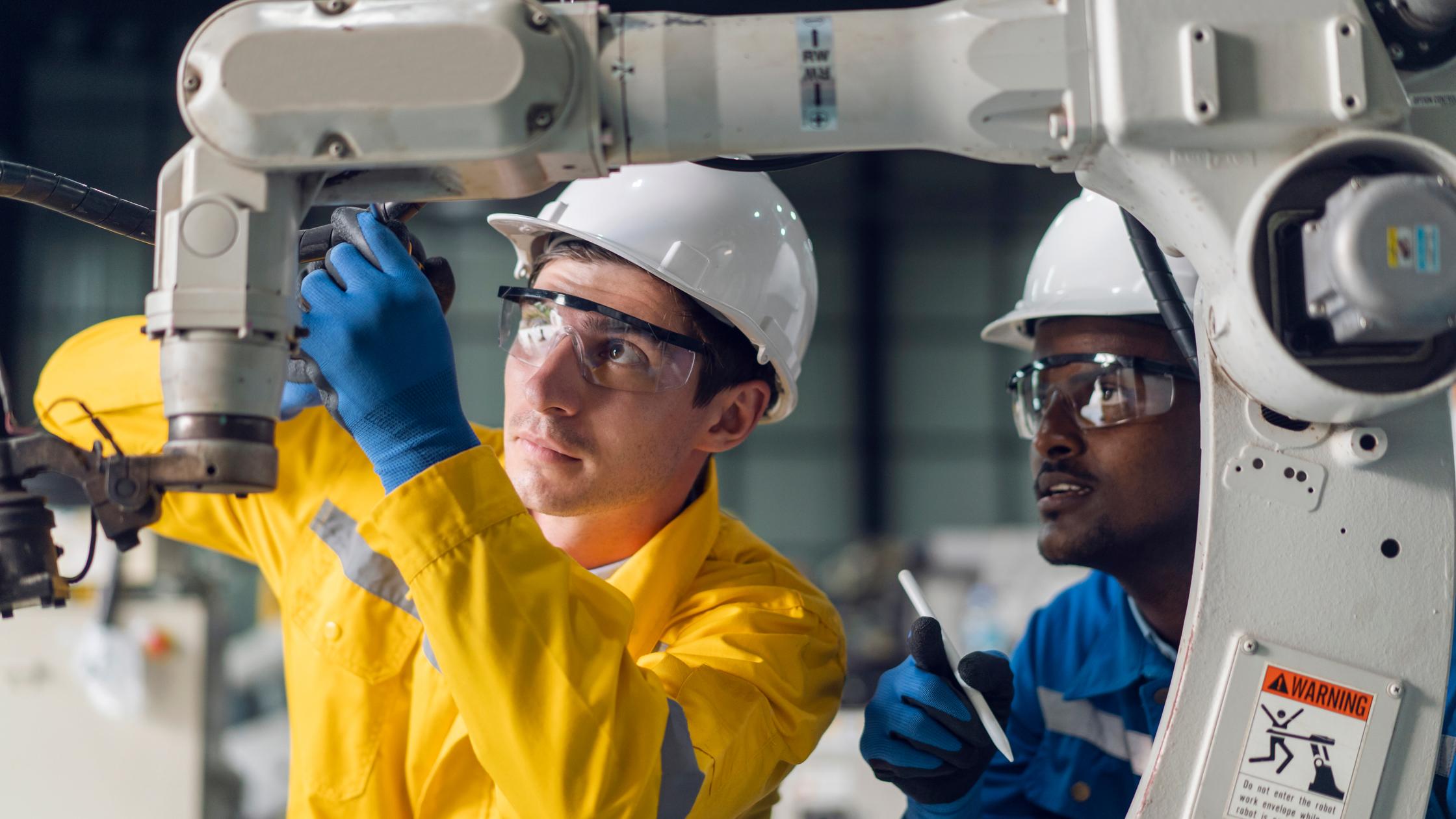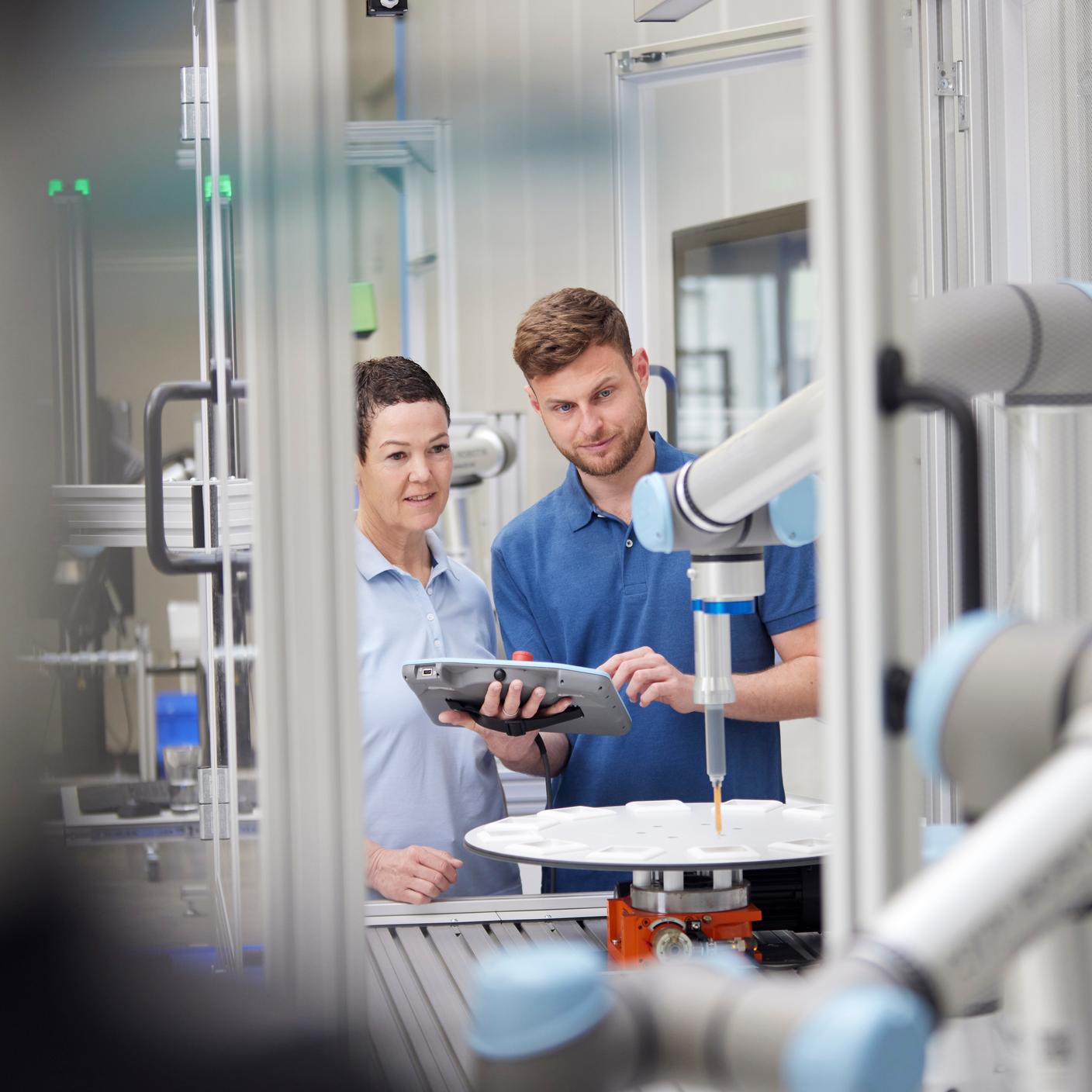Accelerate progress in your organization by gaining access to new or global markets through CE marking, UKCA marking, Benchmark, or ESMA, as we help you meet local regulations and ensure product compliance across borders.
Give your consumers confidence in the outstanding quality, safety and trustworthiness of your products with BSI Kitemark certification.




